April 15, 2025 | 14:19 GMT +7
April 15, 2025 | 14:19 GMT +7
Hotline: 0913.378.918
April 15, 2025 | 14:19 GMT +7
Hotline: 0913.378.918
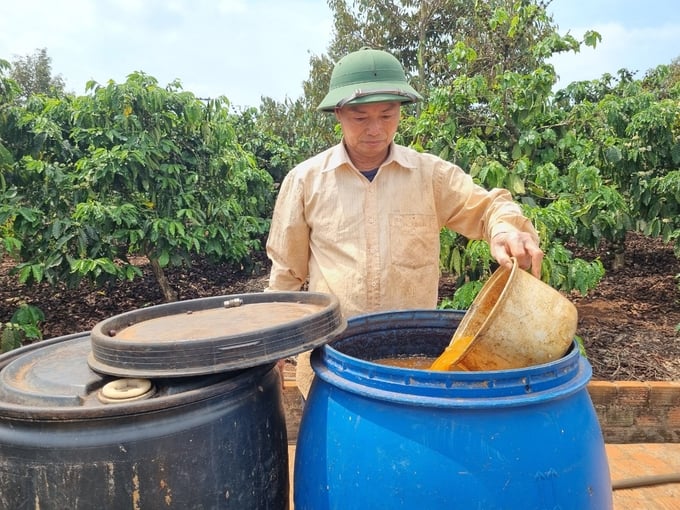
Mr. Pham Doanh Cach demonstrating the production of organic fertilizers from indigenous microorganisms. Photo: Tuan Anh.
Organic coffee farming allows Mr. Pham Doanh Cach's family to save costs, protect the environment, and enhance the quality of coffee.
Under the scorching summer sun, Mr. Pham Doanh Cach's coffee and durian intercropped farm, spanning three hectares in Ngai Ngo village, Ia Hrung commune, Ia Grai district, Gia Lai province, retains a lush green color. The farm's drip irrigation system delivers cool water to the roots of each tree within the farm; and the nutrients from organic fertilizers further enhance their growth. As a result, the family's coffee and durian farm radiates an impressive green hue across the expansive landscape amidst a challenging dry season.
According to Mr. Cach, his adoption of traditional farming practices in the past, which involve excessive use of chemical fertilizers and unregulated pesticide spraying, has degraded and contaminated the soil. Consequently, his family's coffee farm rapidly deteriorated with unstable yields. Moreover, the rising prices of chemical fertilizers in recent years, coupled with their declining quality, have severely limited the development of crops.
After reflecting on a development direction for coffee farming, the primary crop of the family, Mr. Cach concluded that organic farming is the only sustainable long-term option. However, at the time, he lacked knowledge regarding the correct application of organic fertilizers and the most effective fertilizer types for coffee plants.
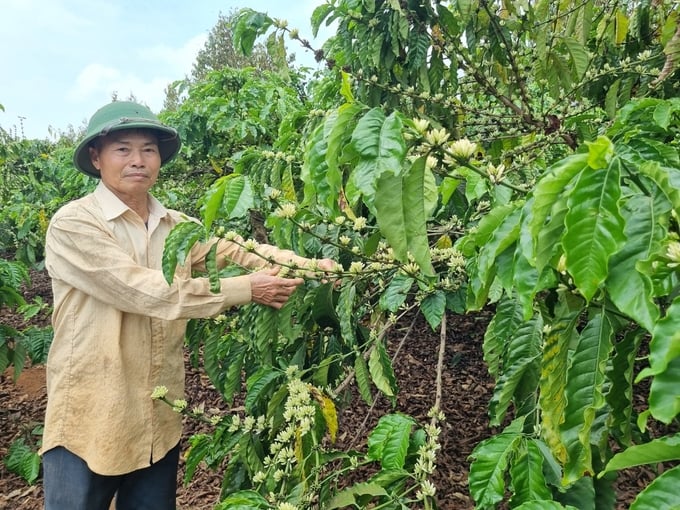
With the application of organic fertilizers, Mr. Cach's coffee farm thrives with lush greenery during the severe drought. Photo: Tuan Anh.
During an incidental visit to Chu Pah district for an educational exchange on sustainable coffee farming practices in 2022, Mr. Cach was introduced to organic fertilizers derived produced from Indigenous Microorganism (IMO). Subsequently, he received instructions on the production of organic fertilizers from fish protein and soybeans to nourish his coffee farm.
"Due to unfavorable weather conditions in 2023, my family, as well as most local farmers, experienced a poor coffee harvest. However, with the application of organic fertilizers, harvested coffee cherries remained fresh and ripe, without the typical dryness previously caused by chemical fertilizers," Mr. Cach shared.
According to Mr. Cach, in the past, his family primarily relied on chemical fertilizers for their coffee crops, which incurred significant investment costs. Additionally, expenses for pesticides and disease management added to the overall costs, resulting in a significant financial burden for the coffee farm,
Mr. Cach's family has experienced significant relief from financial pressures within the last two years. Notably, investment costs for organic fertilizers were reduced by over one-third compared to previous crops. Most importantly, the coffee plants boast a vibrant greenery and sustainable growth.
"After switching to organic fertilizers, we noticed a significant improvement in our health. We previously had to manually apply chemical fertilizers to each coffee plant; however, with organic fertilizers, we can distribute them through an irrigation system, which reduces both health risks and labor. More importantly, the even distribution of fertilizers through the irrigation system promotes the stable growth of the plants," Mr. Cach explained.
As he guided us around his coffee farm, Mr. Cach explained that the use of organic fertilizers does promote rapid growth in coffee plants similar to that of chemical fertilizers. Conversely, they allow nutrients to be slowly absorbed into the soil, resulting in greener leaves and denser fruit. Due to the family's commitment to high-quality coffee production, they primarily harvest ripe coffee cherries. The use of chemical fertilizers, however, would result in desiccated and inferior coffee cherries.
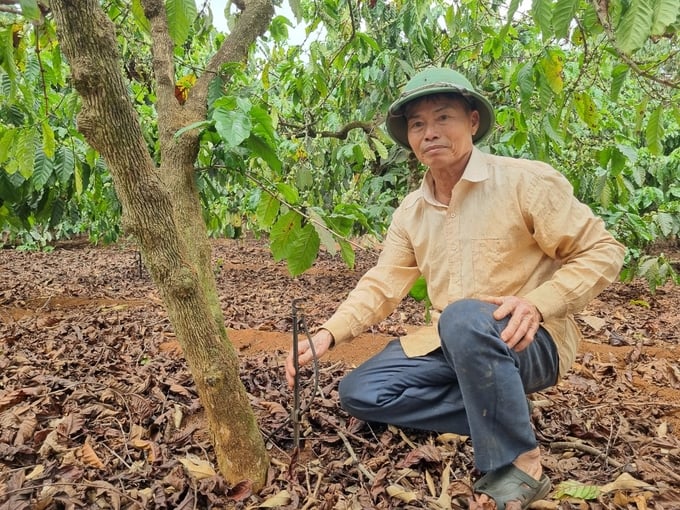
Mr. Cach's coffee farm is equipped with a drip irrigation system to support the production of high-quality coffee. Photo: Tuan Anh.
High-quality coffee production allows Mr. Cach's family to reduce the labor-intensive drying process, and command selling prices higher than that of traditional coffee by over 10 million Vietnamese dong. After a favorable coffee crop in 2023, the family harvested an impressive coffee bean yield of 5 tons per hectare. Subsequently, the family made substantial profits with current coffee prices reaching over 100,000 Vietnamese dong per kilogram.
Regarding his vision for high-quality coffee development, Mr. Cach revealed that after studying high-quality coffee models in Dak Lak province, he invested in equipment in an attempt to mirror their practices. High-quality coffee production, an increasingly prevalent development trend, helps to boost productivity, enhance coffee quality, and increase farmers' income.
"Excessive harvesting of green coffee cherries can reduce yield and lower coffee quality. With this in mind, we carefully pick ripe coffee cherries across multiple stages. Although this approach requires more effort, it protects the coffee branches. Additionally, we utilize organic fertilizers for all our crops. As a result, we have reduced production costs by nearly 30%, with a stable yield and higher prices," Mr. Cach shared.
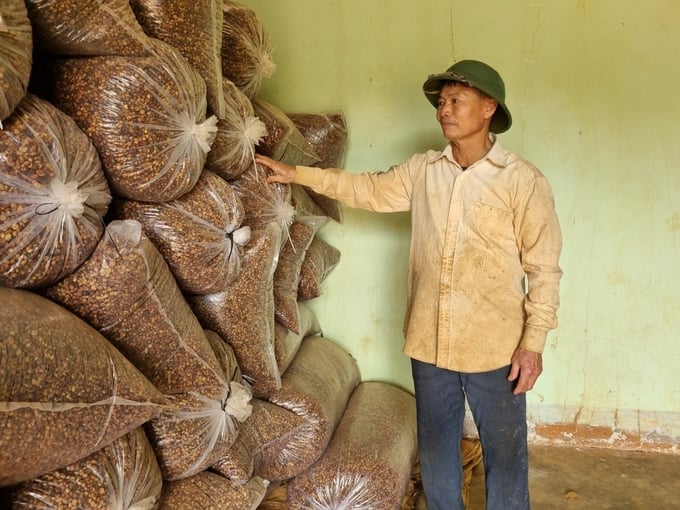
High-quality coffee beans carefully preserved by Mr. Cach's family. Photo: Tuan Anh.
Following Mr. Cach's family's shift towards high-quality coffee production, local farmers have flocked to study and emulate their methods. Regarding crucial factors in achieving high-quality coffee beans, Mr. Cach emphasized the importance of maintaining a close distance between the coffee farm and the home to ensure that the cherries ripen evenly. He cautioned against planting coffee in distant fields, as unpicked ripe cherries are vulnerable to theft. Additionally, access to three-phase electricity is essential for irrigation and coffee processing.
Furthermore, his family invested in concrete yards and designed drying facilities with optimized efficiency to produce high-quality coffee.
To conclude his tour, Mr. Cach introduced us to the family's 15-ton inventory of high-quality coffee beans. With an average price of over 100,000 Vietnamese dong per kilogram, Mr. Cach can expect a profit of at least 1.5 billion Vietnamese dong.
According to Mr. Phan Dinh Tham, Head of the Agriculture and Rural Development Office of Ia Grai district, the Office encouraged the widespread adoption of water-saving irrigation technologies; the expansion of organic coffee production areas; and the acquisition of various certifications including 4C, VietGAP, and UTZ; in order to promote sustainable coffee production. Additionally, a coffee replanting program was implemented across the district, with a focus on agricultural - forestry funding to support high-yield, organic coffee farmers.
Translated by Nguyen Hai Long
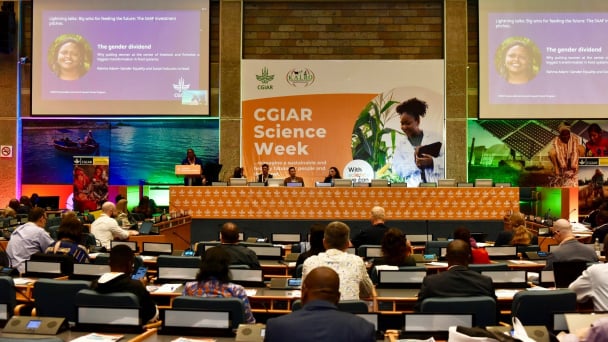
(VAN) The CGIAR’s Sustainable Animal and Aquatic Foods (SAAF) program represents a new approach that emphasizes the transformation of food systems toward sustainability.
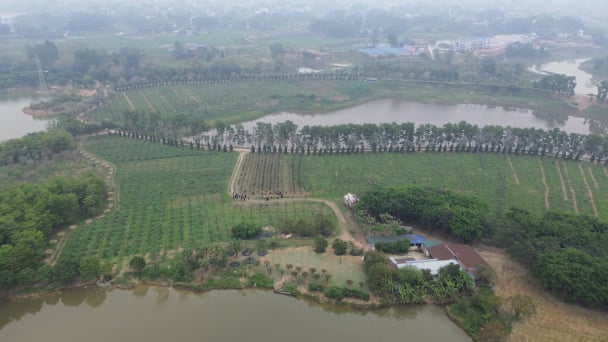
(VAN) Scientists assume that industrial agriculture has been 'outdated.' As a result, a comprehensive overhaul or a revolution in the direction of embracing ecological agriculture is needed.
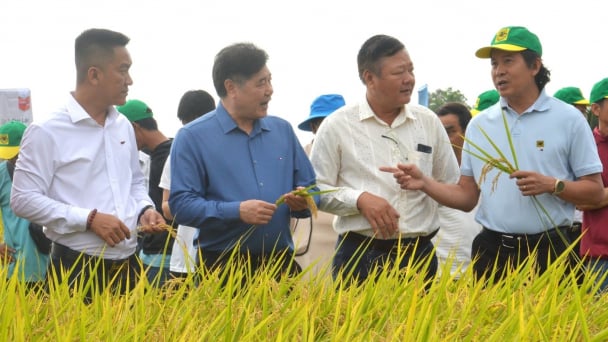
(VAN) The results from pilot fields are catalyzing the expansion of the One million hectares of high-quality, low-emission rice project in Kien Giang.
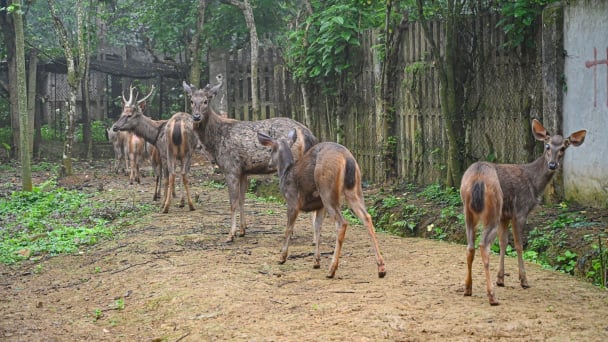
(VAN) On the morning of April 11, Cuc Phuong National Park received 18 individuals of endangered and rare wild animals from Da Nang city.
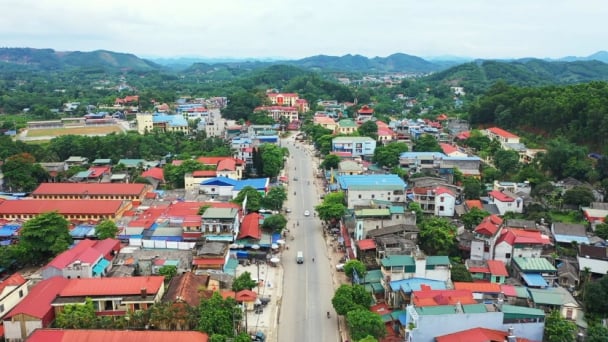
(VAN) FAO supports Vietnam in enhancing survey sampling techniques for the 2025 nationwide agricultural and rural census.

(VAN) By participating in the green transition, manufacturers become an indispensable part of the circular economy, contributing to resource optimization and environmental protection.
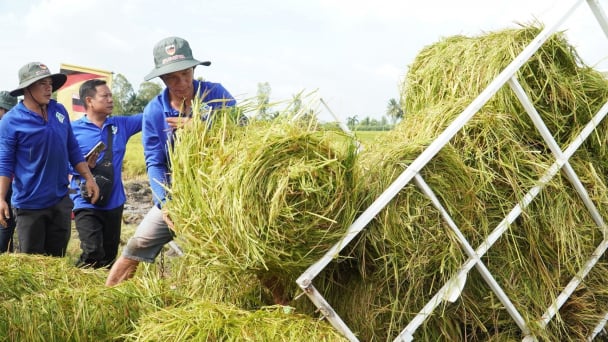
(VAN) The One Million Hectares of High-Quality and Low-Emission Rice Program can generate nearly 14 million tons of straw annually, posing an urgent requirement to diversify straw-based products.